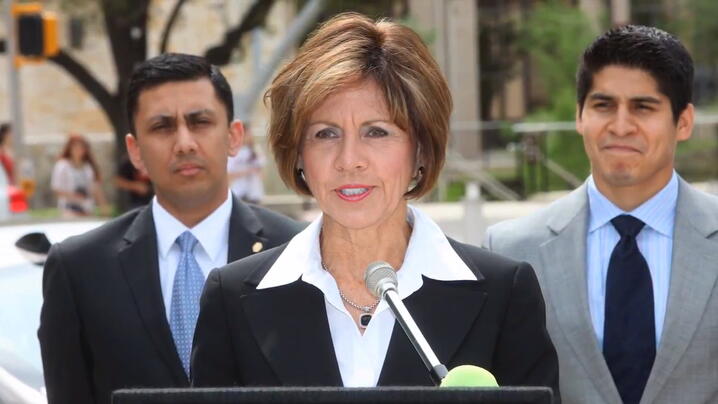
Have you identified your spokesperson? In the ICMA publication, InFocus Report: Effective Crisis Communication, it notes that the right spokesperson possesses a number of critical skills, including:
Interpersonal communication
- Express empathy and compassion for the victims and their loved ones who are
- affected by a crisis
- Acknowledge feelings
- Acknowledge criticism without becoming defensive
- Handle hostility, fear, and anger.
Presentation skills
- Know how to analyze the audience
- Model calm confidence and a positive attitude
- Know how to deliver bad news
- Stress key information
- Effectively and smoothly use visual aids such as Microsoft PowerPoint or Prezi
- Establish credibility
- Give clear instructions.
Interview skills
- Effectively answer media questions
- Avoid answering some questions; do it graciously
- Set limits when too much is being requested
- Practice listening skills
- Practice clarifying, paraphrasing, and acknowledging
- Practice handling press conferences, television, radio, and print media interviews.
Online and social media skills
- Develop familiarity with Twitter, Facebook, and YouTube as communication tools
- Identify appropriate RSS Feeds for emergency preparedness
- Compose e-mail alerts.
So, what really makes a good spokesperson? Here is a free, downloadable checklist of characteristics that will help you select the best representative during a crisis.
TO GAIN A PRACTICAL UNDERSTANDING OF CRISIS COMMUNICATIONS AND COMMUNITY ENGAGEMENT, PARTICIPATE IN ICMA'S NEW ONLINE CERTIFICATE PROGRAM, LOCAL GOVERNMENT 201.
New, Reduced Membership Dues
A new, reduced dues rate is available for CAOs/ACAOs, along with additional discounts for those in smaller communities, has been implemented. Learn more and be sure to join or renew today!

